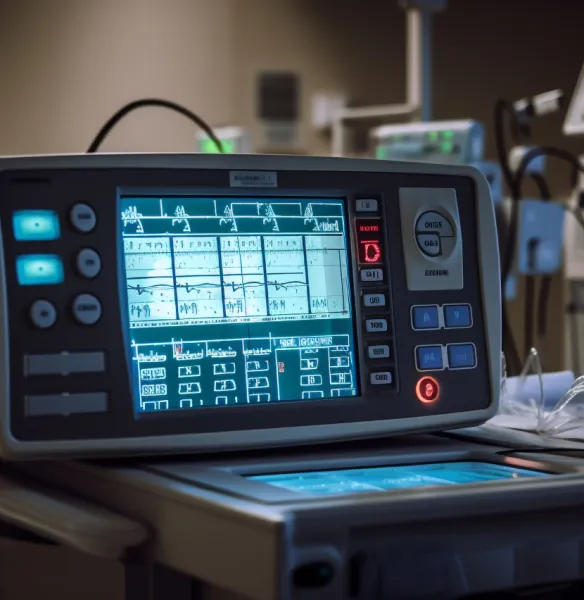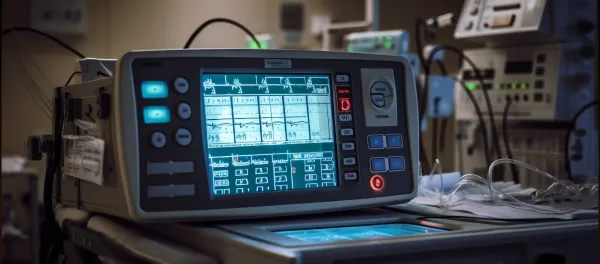Paradromics Successfully Implants Brain Chip in Human Subject, Marking Key Milestone in Brain-Tech Race

The implant was carried out during a neurosurgical procedure, with the chip successfully embedded within just twenty minutes.
Paradromics, a US-based brain-computer interface (BCI) company and a key competitor to Elon Musk’s Neuralink, has successfully implanted its neural chip in a human subject for the first time.
The implant was carried out during a neurosurgical procedure, with the chip successfully embedded within just twenty minutes.
Following the trial, the device was removed without any reported medical complications, a milestone Paradromics later confirmed in a statement. The company noted that the outcome validates the safety and feasibility of implanting its brain-computer interface directly into human brain tissue.
"Our technology will help millions with unmet medical needs suffering from paralysis and movement disorders to chronic pain, addiction, depression and other mental health conditions," the company says on its official website while describing the device.
Paradromics positions its technology as a potential breakthrough for millions of patients dealing with unmet medical needs, including paralysis, movement disorders, chronic pain, addiction, depression, and other neurological conditions.
“Our technology will help millions with unmet medical needs suffering from paralysis and movement disorders to chronic pain, addiction, depression and other mental health conditions,” the company highlights on its official website.
The achievement adds to the rapid momentum in the brain-tech sector, where several companies including Elon Musk’s Neuralink, Jeff Bezos-backed Synchron, and Precision Neuroscience, have been advancing human trials of neural implants.
In recent months, all of these players have reported successful chip implants in human subjects, reflecting accelerating innovation in brain-computer interface technologies.
The procedure was conducted on May 14 at the University of Michigan, according to a Bloomberg report.er
Stay tuned for more such updates on Digital Health News.
Stay tuned for more such updates on Digital Health News































